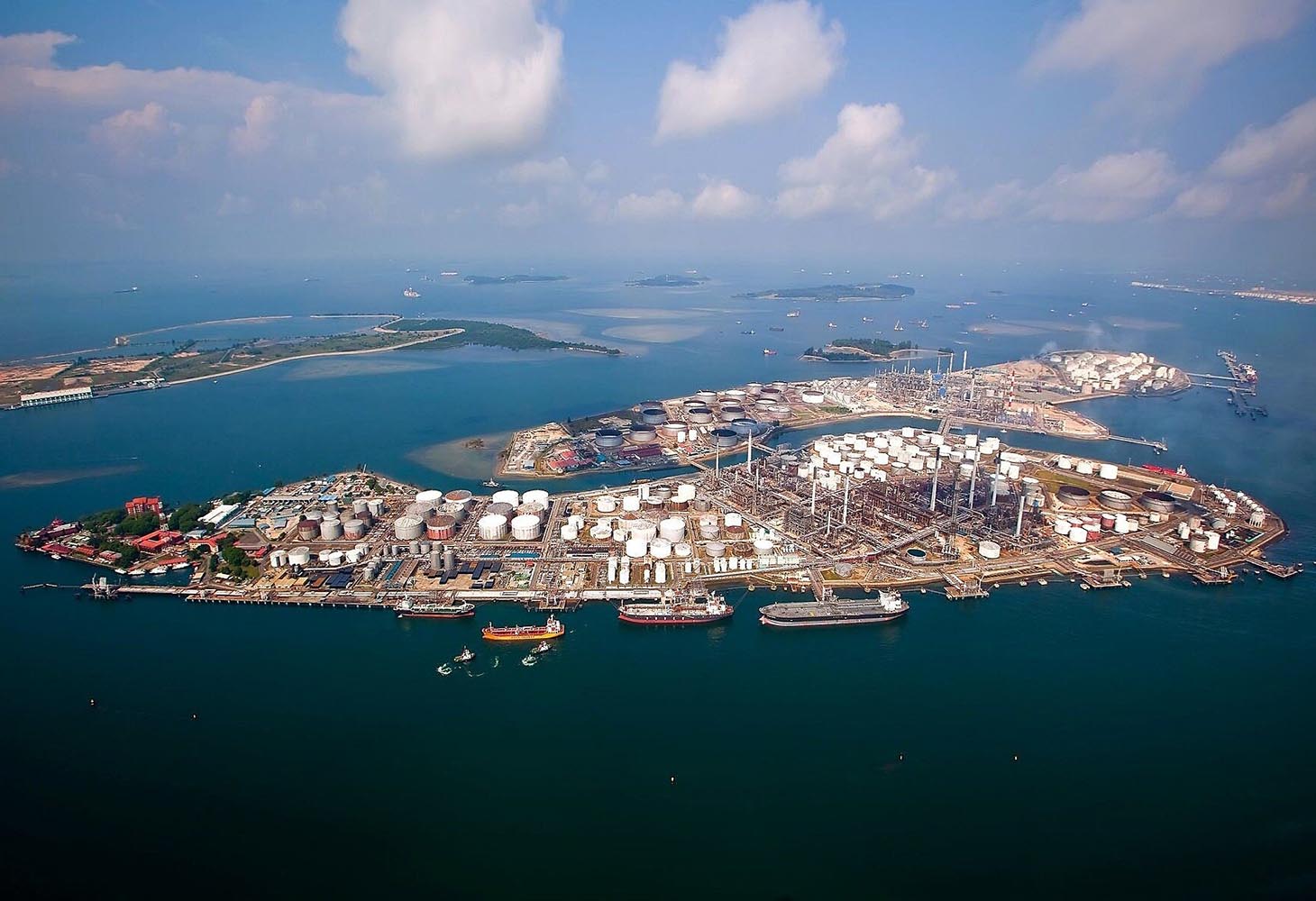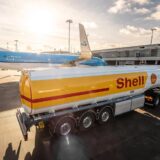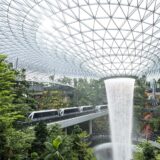
Shell Singapore cancels biofuels unit, Group II base oil plant
Shell has confirmed that “we are stopping the exploration of two projects—a biofuels unit and a Group II base oil plant in Singapore,” according to a Shell spokesperson.
However, she added that Shell “will continue supplying base oil and lubricants, as well as biofuels to our customers in Singapore and the region. The strength of our global supply network allows us to do this.”
“We are also working on a range of opportunities, and some are reaching important milestones this year. For instance, our plant that allows us to upgrade pyrolysis oil from hard-to-recycle plastics and turn them into renewable chemicals will come onstream. We will soon launch electric ferries, paving the way for the decarbonisation of vessels in Singapore’s port. On top of these, we are installing nearly 5,000 EV chargers across Singapore in the coming years.”
Shell has announced its ambition to produce around 2 million tonnes of sustainable aviation fuels (SAF) a year by 2025 globally. To support this, Shell has outlined plans for a biofuels facility, subject to final investment decision, at the Shell Energy and Chemicals Park Singapore. The planned facility was to produce 550,000 tonnes of low-carbon fuels a year, including SAF.
As part of its Powering Progress strategy, Shell is transforming its refineries into five energy and chemical parks. Shell aims to reduce the production of traditional fuels by 55% by 2030 and provide more low-carbon fuels such as biofuels for road transport and aviation, and hydrogen.
In November 2020, Shell announced that its Pulau Bukom Manufacturing Site will pivot from a crude-oil, fuels-based product slate towards new, low-carbon value chains. This was announced as part of a 10-year plan to cut its own CO2 emissions by about a third within a decade. The Pulau Bukom Manufacturing Site in Singapore was selected as one of six energy and chemical parks that the company would keep as part of its global transformation.
In September 2021, Shell announced a final investment decision to build an 820,000-tonnes-a-year biofuels facility at the Shell Energy and Chemicals Park Rotterdam, the Netherlands, formerly known as the Pernis refinery. The Rotterdam biofuels facility is expected to start production in 2024.
SAF could make up more than half of the 820,000-tonnes-a-year capacity, with the rest being renewable diesel. Once built, the facility will be among the biggest in Europe to produce SAF and renewable diesel made from waste.
In February 2022, Shell became the first company to supply SAF in Singapore, after it had completed the upgrading of its facility in Singapore to enable blending of SAF. Building supply chain capabilities to blend, handle and distribute SAF is critical in enabling more customers access to SAF.
In July 2022, Shell ceased operations at its 360,000 ton-per-annum Group I base oil manufacturing plant within the Pulau Bukom manufacturing site in Singapore. Following the closure of the base oil refining unit, Pulau Bukom’s fuel refining capacity was also reduced by half, to 250,000 barrels per day (bpd), as part of its shift to low-carbon fuel alternatives.
“Our Powering Progress strategy remains unchanged. We will continue to drive the transformation of our business in Singapore through the energy transition,” the Shell spokesperson said.
“We will continue to work with the government and our customers on opportunities to meet their energy needs and to decarbonise, sector by sector.”














